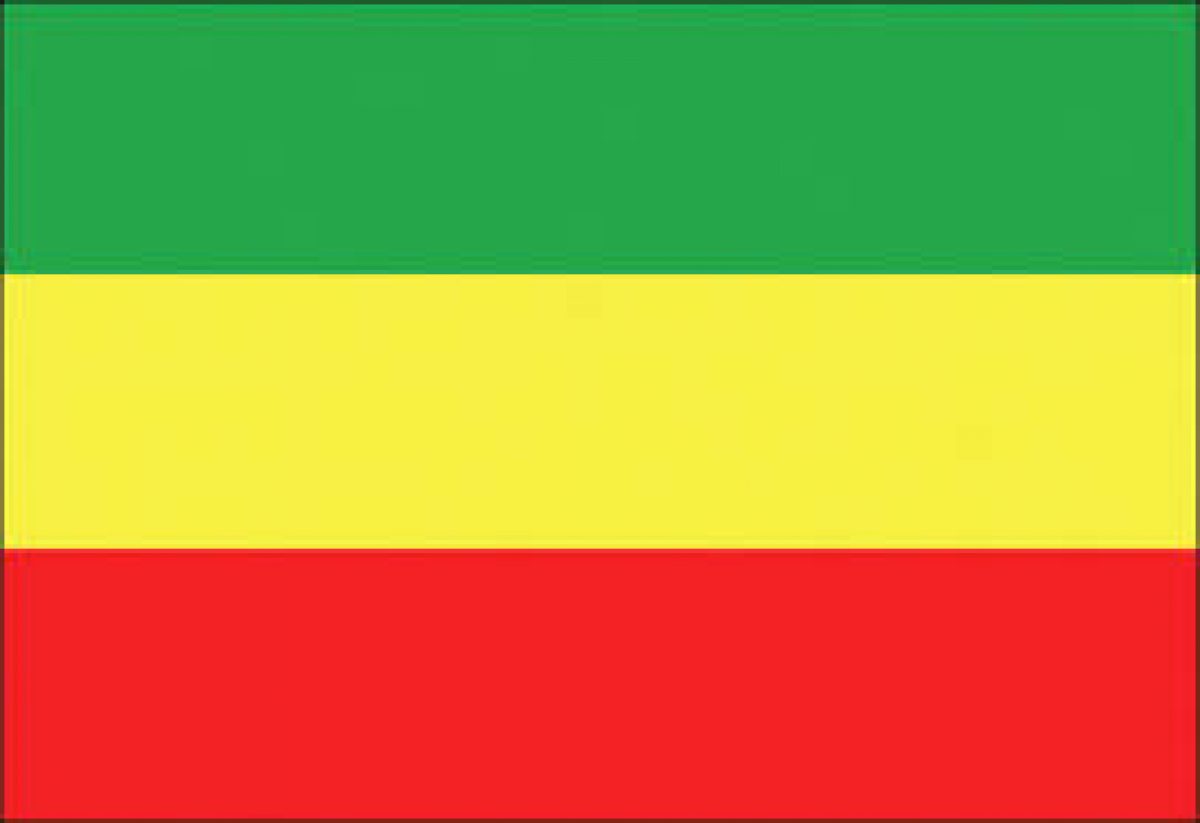Written By. Habtamu Birhanu (LL.B, Assistant Lecturer of Law @ Dilla University)
Recently Ethiopian government is going to enact proclamation that determine special interest of Oromia in Addis Ababa.
Nevertheless, this draft law from the very enactment faced confrontation and challenges from different individuals and stakeholders. I myself personally feel doubt as to what special interest of Oromia this proclamation going to determine.
Art 49(5) of FDRE constitution by taking the fact that Addis Ababa is located at the center of Oromia, provides that, special interest of state Oromia as far as provision of social services, or utilization natural resources and other similar matter as well as joint administration is concerned shall be respected.
One may ask here that what special interest constitution refer. In this regard, constitution itself has no answer. Stated otherwise, it does not define what special interest mean? Or what constitute special interest. When and how do this special interest to be implemented. It simply list down the area up on which state of Oromia has special interest. What we must take into consideration is that the lists are not open-ended. In other word they illustrative. As per the phrasing of the constitution, there are some area of special interest apart from the listed one. Constitution in this aspect left open door so that the aforementioned question and related issues to be determined by law.
After long years of panting of this special interest, draft proclamation is currently on the process to determine this special interest of Oromia in Addis Ababa. The question in this regard is that does what the constitution phrased as special interests are really special interest or rights? After all, if they are interest, what make them special interest or if not, why they are coined as special interest?
Below are some reflection on the draft proclamation whether what draft proclamation derives from the constitutional provision as special interest are really special interest or not.
Let us fist start from the definition part of the draft proclamation itself.
Like that of the constitution, draft proclamation does not define what special interest is. It simply reiterate what is already provided in the constitution. Under its art 2(4), it says that special interest mean the one that is recognized by the constitution such as provision of social services, or utilization natural resources and other similar matter as well as joint administration. Nothing is new in this draft proclamation as far as what special interest is concerned. Bear in mind that these are not special interest; rather they are the area up on which state of Oromia has special interests.
The other issue in the definition part is art 2(5). This part says, “Descendant of Oromo means it includes all the residents of Addis Ababa and peri-of the city. As far as the peri- of the city is concerned, art 2(7) of the draft proclamation says that, peri of the city means special zone around Addis Ababa. Thus, as per this draft proclamation the descendant of Oromo’s are those who are the residents of Addis Ababa and of special zone around Addis Ababa. What about others who resides far from the city like Borana, Guji……… and the like. Do you think they are not the descendants of Oromo? What do you the impact of this definition?
At least theoretically speaking, let me discuss it below.
First, let us step to the content of the draft proclamation.
The first content of the draft proclamation talks about the provision of social services. Under its sub part it say that “in the city administration, by cost of city administration, there shall be school in which the descendant of Oromo nation may learn by their language of Afan Oromo”. Interestingly, one may simply pose two easy questions. These are:
- Does learning by one’s own language is special interest or fundamental right.
- Who are the descendants of Oromo nation have the right learn in Afan Oromo in the city administration?
As far as the first question is concerned, to my best knowledge, learning by one’s own language is not special interest rather, it fundamental right. In this regard, leave alone international human right instruments our country ratified, the constitution itself under art 39(2) clearly stipulate that “Every Nation, Nationality and People in Ethiopia has the right to speak, to write and to develop its own language; to express, to develop and to promote its culture; and to preserve its history”. The concern in this regard is that, does the right to develop one’s own language bear fruit without learning by that language. Promoting and developing one’s own language presuppose learning by that language. Thus, making the language the instructional language is the soul of the right to develop one’s own language that is fundamental one. Since, Oromo nation is one of the holder of this right I didn’t see any legal and moral justification that make this special interest.
As far as the second question is concerned we have already seen that the descents of Oromo are the one who lives in the city and special zone of the city as per art 2(4) and (7) of the draft proclamation. Thus, it is only the residents of the city and special zone have the right to learn in Affan Oromo schools to be opened. Because, art 4 of the draft proclamation says that the descendants of Oromo (those who live in the city and special zone) has the right to learn in Affan Oromo School to be opened in the city by Affan Oromo. What any lay man who read this provision grasp? Theoretically speaking does this article empowered the descendants of Oromo lives far from the city and special zone?
………….to be continued.
N.B this writing is personal opinion and is open for discussion and comment.

